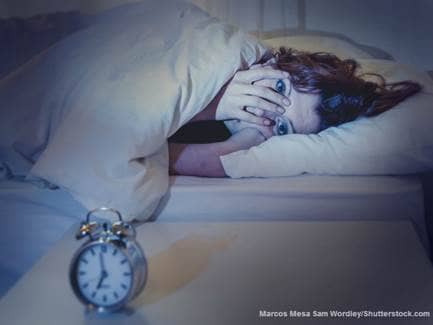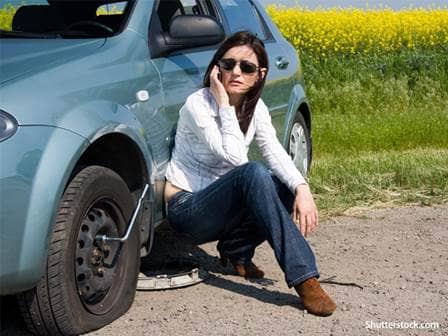
Researchers have dug deep into the time change and have discovered some very interesting information that links daylight saving time to heart attacks and even car accidents. Believe it or not, the Monday following the start of daylight saving time shows an increased amount of heart attacks, traffic accidents, workplace injuries and accidental deaths.
According to the Journal of Applied Psychology, on Sunday night the average American will lose about 40 minutes of sleep. And since sleep is one of the most important elements to having a healthy and self sustaining body, the lack of sleep and time difference causes many to lessen their performance levels which causes them to be forgetful and have an impaired memory. One of the most striking studies, conducted in 2014 by Colorado researchers, found an increase of heart attacks on the Monday after DST begins by 25 percent. This equates to an additional eight heart attack victims that will be treated in hospitals, on average, worldwide.
Due to the fatigue from loss of sleep, workplace injuries also increased. Researchers at Michigan State University analyzed 20 year s of data from the Mine Safety and Health Administration to determine that three to four more miners than average sustained a work-related injury on the Monday following the start of DST. The result of the injuries ranged from 2,649 lost days of work resulting in a 68 percent increase over the hours lost from injuries on an average day.

Ultimately, sleep deprivation is the culprit and direct result of DST. People must adjust to a time difference whether it be springing forward or falling back. Even the healthiest people are affected by the time difference because sleep is an essential component to a healthy and productive lifestyle.


